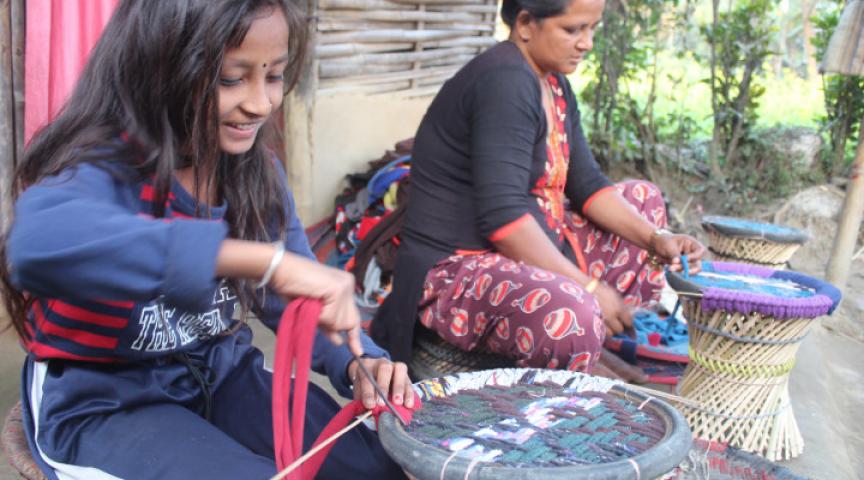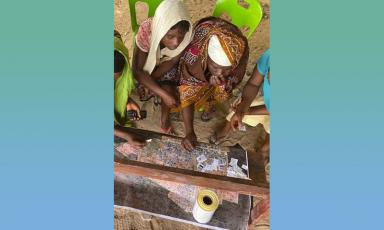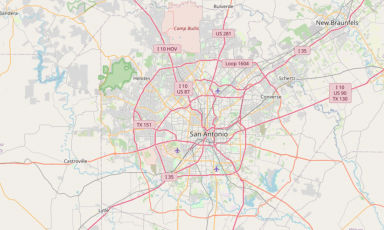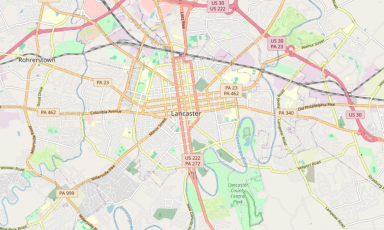Dhankuta Municipality, Nepal
Dhankuta Municipality: Ensuring Sustainable Reintegration of Returnees and Their Families

Summary
The Municipality of Dhankuta commits to facilitate the successful and sustainable reintegration of vulnerable returning migrants, refugees, and their families by providing economic, psychosocial, and capacity-building assistance.
Working in partnership with civil society, the private sector, and local community leaders, Dhankuta will connect returnees to specific employment and networking opportunities, psychological assistance, support with access to rights, cultural adaptation and other services as needed. Interventions are tailored to the specific needs and vulnerabilities of returnees, including victims of trafficking and gender-based violence survivors.
The initiative employs follow-up mechanisms to monitor outcomes and links beneficiaries with supply chains and municipal services The project also supports the growth and development of local communities by creating employment and business opportunities, thus reducing the need for citizens to seek foreign employment in the future.
Impact
The expected impact of the project is multifaceted:
- Economic Empowerment: The project aims to create employment opportunities, promote self-employment, and link beneficiaries with market systems. This is expected to lead to sustainable economic growth and decent work for the beneficiaries.
- Social Inclusion: By targeting vulnerable populations and providing psychosocial support, the project contributes to reducing inequalities and promoting social inclusion.
- Community Development: Focusing on reintegration within Dhankuta Municipality, the project supports the growth and development of local communities by creating employment and business opportunities.
- Multi-Stakeholder Collaboration: The initiative emphasizes collaboration between the government, civil society, and the private sector, enhancing intervention effectiveness and resource mobilization.
- Evaluation of Impact: The project evaluates its impact by monitoring and sharing the outcomes of post-transfer monitoring. Additionally, beneficiaries are linked with the Rural Enterprise Remittance Programme (RERP) supply chains and other available municipal services to enhance their market access and resource availability. Psychosocial counseling is provided as needed to address the well-being of beneficiaries.
Lessons learned
- Comprehensive Support: Providing a holistic approach that addresses economic, psychosocial, and capacity-building needs is essential to effectively support vulnerable returnee migrants and their families.
- Collaboration is Key: Multi-stakeholder collaboration between the government, civil society, and the private sector enhances the project's effectiveness and resource mobilization.
- Targeting Vulnerable Populations: Tailoring interventions to the specific needs and vulnerabilities of returnee migrants, including victims of trafficking and gender-based violence survivors, is crucial for inclusive development.
- Community-Led Approach: Involving the local community and ensuring community participation in beneficiary selection and dispute resolution promotes ownership and sustainability.
- Promoting Economic Diversification: Encouraging the development of micro, small, and medium-sized enterprises (MSMEs) in various sectors fosters economic diversification and innovation.
- Overall, the project's success lies in its ability to address the multifaceted challenges faced by returnee migrants and create opportunities for their reintegration and economic empowerment.


